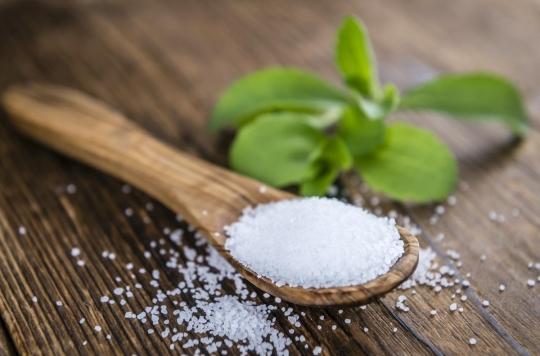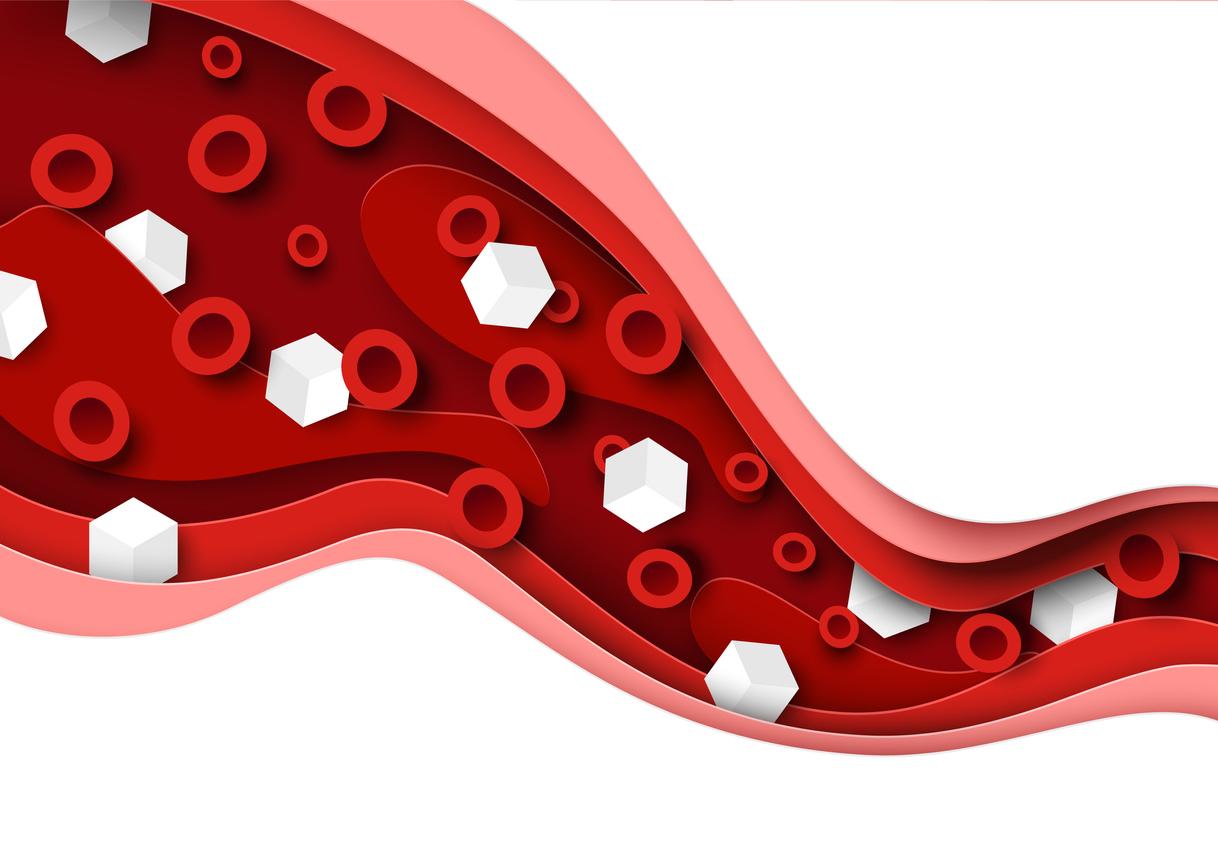The natural sweetener stevia can lead to gut microbial imbalance that can disrupt gastrointestinal health.

- Stevia disrupts communications between different bacteria in the gut microbiome.
- It can bind specifically to receptors attached to that communication.
Lately, stevia has been on the rise. This natural, low-calorie sweetener is gaining popularity in food and beverage products. New scientific evidence has implicated the sweetener in gut microbial imbalance, which can lead to various gastrointestinal health issues. These were presented on November 23 in the scientific journal Molecules.
An imbalance in bacterial communication
Israeli researchers from Ben-Gurion University of the Negev have shown that the sweetener disrupts communications between different bacteria in the gut microbiome. Also, if it inhibits these pathways, stevia does not kill bacteria. “This is a first study that indicates that more research is needed before the food industry replaces sugar and artificial sweeteners with stevia and its extracts.said Dr. Karina Golberg, lead author of the study. Regarding safety, at this stage of the study we cannot say that stevia is toxic or unsafe, and further in vivo studies are needed..”
The researchers specify that their goal is not to ban stevia but to warn of potential dangers. “Those who take stevia must take into account that we can actually harm the microbiome by affecting its communication system.”, she insists. Previous studies have shown that artificial sweeteners, such as aspartame or sucralose, are toxic to bacteria in the digestive system and can cause many health problems, ranging from weight gain to diabetes and even cancer.
A high concentration of stevia in the long term, a potential risk
“We have shown that even a natural supplement can actually disrupt bacterial communication”, observed Karina Golberg. The process of biological communication between cells is known as quorum sensing. Several species of intestinal bacteria depend on it, in particular to synchronize their activity or monitor their environment. “Bacteria speak with a chemical languagecontinues Professor Ariel Kushmaro who supervised the study. What we have seen in our research is that these molecules actually interfere with this communication and they can bind specifically to receptors that are linked to this communication.”
“It could be that in the human intestine it behaves a little differentlyhe concluded. I wouldn’t say it firmly, but we can consider that a high concentration of stevia in the long term… I don’t know if it would be good for us.”
.
















